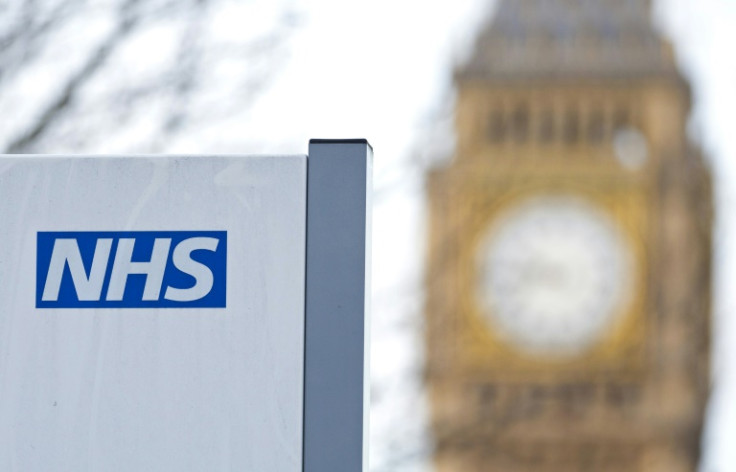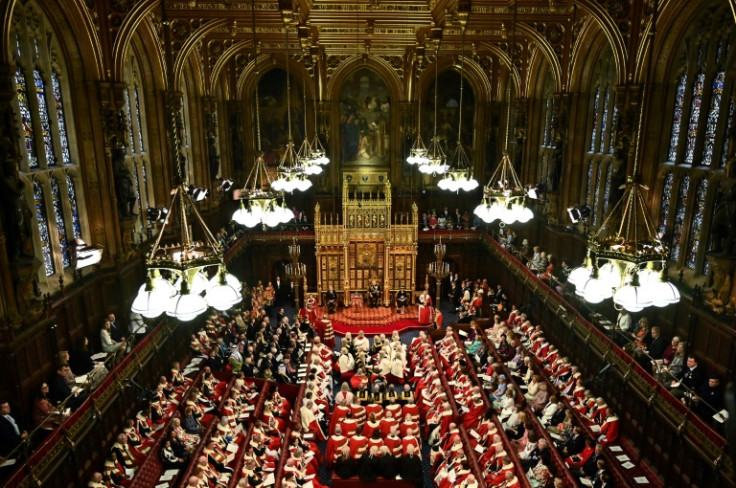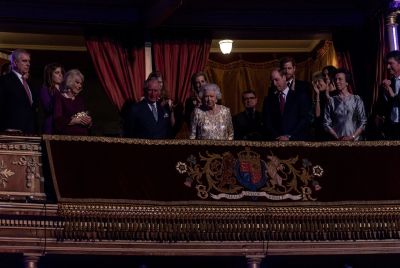As More Countries Ban First-Cousin Marriage, Why Does the UK Still Allow It?

Britain finds itself increasingly isolated on the global stage as countries from Norway to China ban first-cousin marriages. Yet, the practice remains legal across the United Kingdom despite mounting evidence of serious health risks to children.
The debate exploded into public consciousness when NHS guidance appeared to emphasise 'social benefits' of cousin marriage, triggering fierce backlash from health campaigners who point to stark statistics: children born to first cousins face a 10% lower chance of meeting normal developmental milestones and significantly higher rates of genetic disorders.
Bradford Study Reveals Shocking Health Statistics
Ground-breaking research from the Born in Bradford cohort study has laid bare the reality of cousin marriage in modern Britain. The comprehensive research, tracking families from 2016 to 2020, found that 43% of Pakistani heritage couples in Bradford were in consanguineous relationships, predominantly between first cousins.
While this marks a decline from approximately 60% in the late 2000s, the health implications remain sobering. Children from these unions face substantially higher risks of developmental delays, learning disabilities and chronic health conditions requiring frequent hospital visits. Research published in The Lancet confirms what geneticists have long warned: first-cousin marriages double the risk of birth defects from roughly 3% to 6%.
Global Ban on Cousin Marriage Gains Momentum
The international community has taken decisive action against the practice. Norway, South Korea and China have implemented complete bans on first-cousin marriage, whilst Sweden and Denmark prepare similar legislation for 2025. These countries cite overwhelming medical evidence and public health costs as primary drivers for prohibition.
The trend reflects growing consensus among health officials worldwide that preventing genetic disorders through marriage restrictions represents sound public health policy. Yet Britain remains notably absent from this global movement, opting for education over legislation despite documented risks.
House of Lords Debates Cultural Sensitivities vs Health Risks
The issue reached Westminster's upper chamber earlier this year when Conservative peer Lord Farmer challenged the government with uncomfortable statistics. 'Pakistanis account for 3.4% of births nationwide but 30% of recessive gene disorders,' he stated, demanding action on what he termed a 'considerable disease burden' facing the NHS.
His intervention reflects broader Conservative concerns that political correctness prevents honest discussion about public health. The financial impact on stretched NHS resources adds urgency to calls for intervention, with genetic disorders from cousin marriages costing millions annually in specialist care.

Medical Experts Divided on Legislative Response
Britain's medical establishment remains split on whether legal prohibition represents the answer. Lord Winston (Labour), the renowned fertility expert, cautioned peers that whilst risks exist, 'many of the diseases are extremely rare in such families' and medical advances have transformed treatment options.
Lord Patel (Crossbench) reminded the chamber that genetic risks aren't unique to cousin marriages, citing maternal age, smoking and fertility treatments as comparable concerns. This nuanced medical perspective complicates demands for outright prohibition, suggesting targeted intervention might prove more effective than blanket bans.
The UK health service has started to promote first-cousins marriages, classic ming that they are linked to:
— Visegrád 24 (@visegrad24) September 29, 2025
“stronger extended family support systems and economic advantages” pic.twitter.com/O2d5czD6PK
UK Education Strategy Shows Promise but Questions Remain
Liberal Democrat peer Baroness Brinton highlighted Bradford's success in reducing cousin marriages through community education rather than legal enforcement. Young people staying in education for longer and changing family values have contributed to declining rates, without the need for legislative intervention. She pointed to encouraging cultural change in Bradford, where intra-cousin marriage has fallen from around 60 per cent in the 2000s to 43 per cent today, citing better education, shifting family values, and awareness campaigns.
The government currently favours this approach, expanding genetic counselling services and community outreach programmes, particularly among British Pakistani populations, where the practice remains most common. Health officials argue that informed choice, supported by proper medical guidance, respects cultural diversity whilst protecting child welfare.
However, critics question whether voluntary measures sufficiently address the scale of preventable genetic disorders. As more countries implement bans and medical evidence accumulates, pressure mounts on Westminster to reconsider Britain's permissive stance.
The fundamental question remains: should protecting children's health take precedence over cultural considerations? With cousin marriage rates declining but health impacts remaining severe, the UK faces an uncomfortable reckoning between multiculturalism and medical reality. Whether education alone can address this public health challenge or legislative action becomes inevitable remains Britain's most sensitive genetic debate.
© Copyright IBTimes 2025. All rights reserved.




















